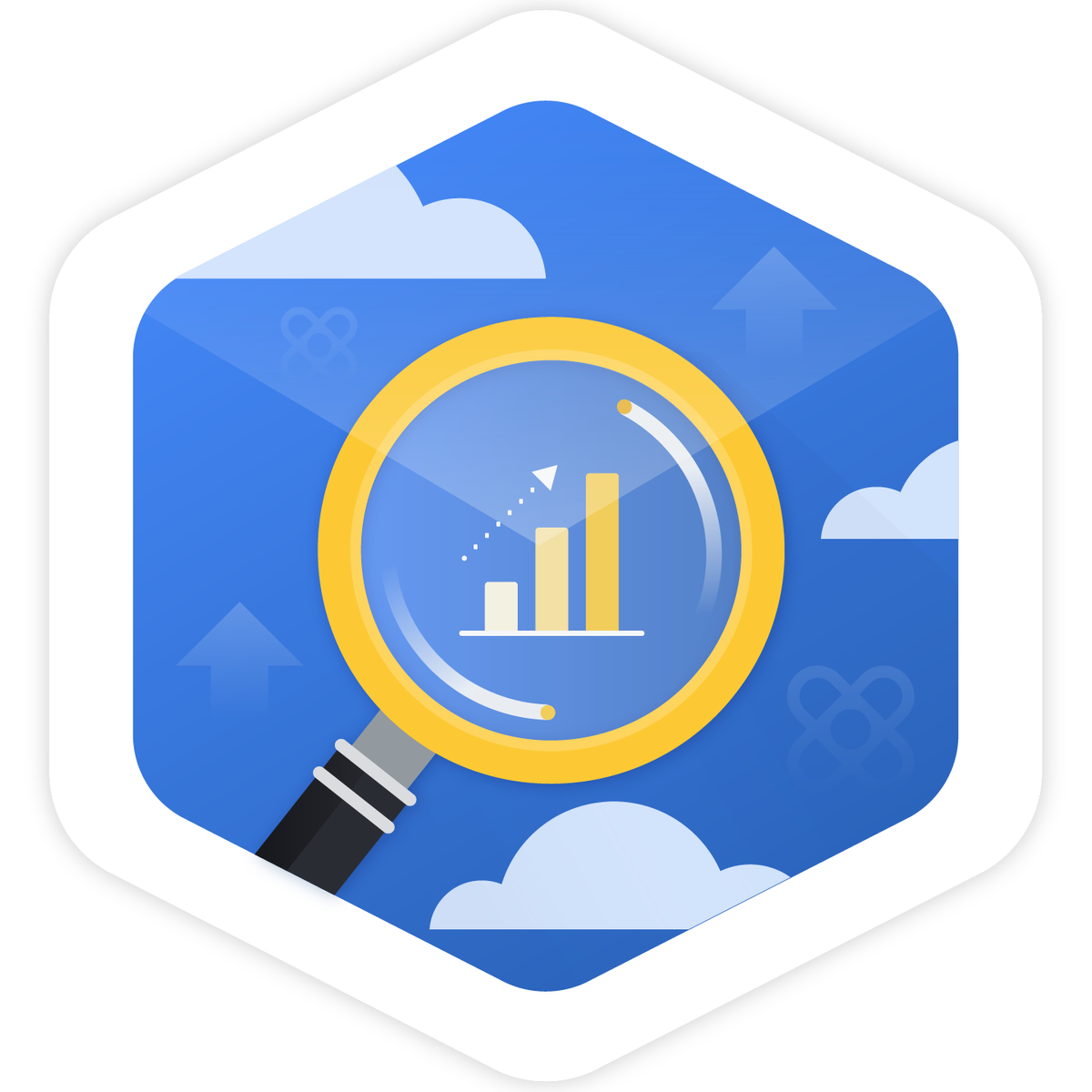
This course discusses the upgrade process for Apigee hybrid, and teaches you how to monitor and troubleshoot the hybrid runtime plane components.
What's inside
Syllabus
Introduction
This course teaches you how to upgrade, monitor and troubleshoot Google Cloud’s Apigee hybrid API platform.
Upgrade
This module describes the update and rollback process used in Apigee hybrid.
Read more
Syllabus
Good to know
Save this course
Activities
Review Apigee Hybrid Concepts
Show steps
Reinforce your foundation by reviewing the key concepts and terminology associated with Apigee hybrid, ensuring a strong understanding before delving into the course material.
Browse courses on
Hybrid API Platform
Show steps
-
Re-read the course outline and introductory materials
-
Refer to online documentation and resources on Apigee hybrid
-
Complete practice exercises or quizzes to test your understanding
Peer Study Group
Show steps
Join a study group to discuss the course topics, share insights, and learn from other students, enhancing your understanding of the material.
Show steps
-
Find or form a peer study group with other students in the course
-
Set regular meeting times
-
Take turns leading discussions and sharing insights
Monitor and Troubleshoot Runtime Plane
Show steps
Test your knowledge and understanding of monitoring and troubleshooting runtime plane components by completing a practice exercise.
Show steps
-
Set up a test environment with Apigee hybrid
-
Generate logs, metrics, and analytics data
-
Analyze the data to identify issues
-
Take corrective actions to resolve issues
Two other activities
Expand to see all activities and additional details
Show all five activities
Apigee Hybrid Upgrade Plan
Show steps
Demonstrate your understanding of the upgrade process by creating a comprehensive upgrade plan that outlines the steps, timelines, and resources needed for a successful upgrade.
Show steps
-
Review the current Apigee hybrid environment
-
Identify the desired upgrade version
-
Plan the upgrade process
-
Estimate the resources and timelines
-
Document the upgrade plan
Attend Apigee Hybrid Workshop
Show steps
Attend a workshop led by Apigee experts to gain deeper insights into the upgrade process, best practices, and troubleshooting techniques.
Show steps
-
Find an Apigee hybrid workshop that is scheduled in advance
-
Register for the workshop
-
Attend the workshop
-
Take notes and participate in discussions
Review Apigee Hybrid Concepts
Show steps
Reinforce your foundation by reviewing the key concepts and terminology associated with Apigee hybrid, ensuring a strong understanding before delving into the course material.
Browse courses on
Hybrid API Platform
Show steps
- Re-read the course outline and introductory materials
- Refer to online documentation and resources on Apigee hybrid
- Complete practice exercises or quizzes to test your understanding
Peer Study Group
Show steps
Join a study group to discuss the course topics, share insights, and learn from other students, enhancing your understanding of the material.
Show steps
- Find or form a peer study group with other students in the course
- Set regular meeting times
- Take turns leading discussions and sharing insights
Monitor and Troubleshoot Runtime Plane
Show steps
Test your knowledge and understanding of monitoring and troubleshooting runtime plane components by completing a practice exercise.
Show steps
- Set up a test environment with Apigee hybrid
- Generate logs, metrics, and analytics data
- Analyze the data to identify issues
- Take corrective actions to resolve issues
Apigee Hybrid Upgrade Plan
Show steps
Demonstrate your understanding of the upgrade process by creating a comprehensive upgrade plan that outlines the steps, timelines, and resources needed for a successful upgrade.
Show steps
- Review the current Apigee hybrid environment
- Identify the desired upgrade version
- Plan the upgrade process
- Estimate the resources and timelines
- Document the upgrade plan
Attend Apigee Hybrid Workshop
Show steps
Attend a workshop led by Apigee experts to gain deeper insights into the upgrade process, best practices, and troubleshooting techniques.
Show steps
- Find an Apigee hybrid workshop that is scheduled in advance
- Register for the workshop
- Attend the workshop
- Take notes and participate in discussions
Career center
Systems Engineer
Software Engineer
Cloud Architect
Cloud Engineer
Infrastructure Architect
DevOps Engineer
Site Reliability Engineer
Database Architect
IT Security Analyst
Technical Support Engineer
IT Manager
Network Engineer
Data Analyst
Business Analyst
Product Manager
Reading list
Share
Similar courses
OpenCourser helps millions of learners each year. People visit us to learn workspace skills, ace their exams, and nurture their curiosity.
Our extensive catalog contains over 50,000 courses and twice as many books. Browse by search, by topic, or even by career interests. We'll match you to the right resources quickly.
Find this site helpful? Tell a friend about us.
We're supported by our community of learners. When you purchase or subscribe to courses and programs or purchase books, we may earn a commission from our partners.
Your purchases help us maintain our catalog and keep our servers humming without ads.
Thank you for supporting OpenCourser.



